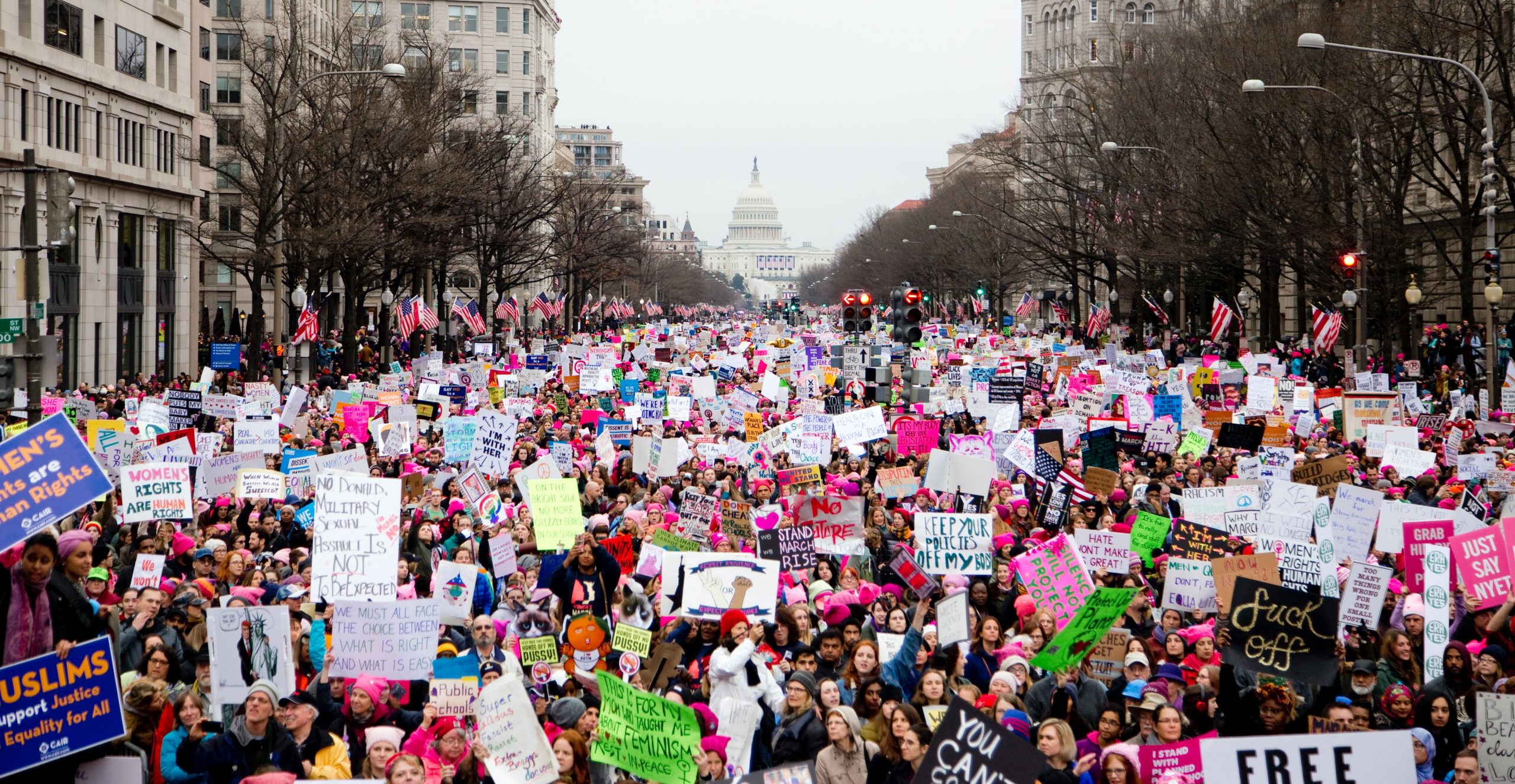I grew up during an era when parents raised their children to leave home, with the expectation that we would not return to our childhood bedrooms for anything other than out-of-town visits. In my parents’ generation, success in child-rearing meant that their children became happy and financially independent adults.
My mother’s father died when she was 18, destabilizing her family’s economic security, and catapulting my sweet, stay-at-home grandmother, bereft of any marketable skills, into the workforce in her late 40’s. No longer able to afford out of state tuition, my mother returned home from college. As a direct consequence of these life-altering events, my mother was determined that, regardless of work or lifestyle aspirations, her children must be able to support themselves. As the oldest child, and a female, I was the chief beneficiary of my mother’s learned experiences. She insisted that the goal of self-sufficiency guide my educational pursuits and career decisions. Concomitantly, she instilled in me the belief that only I possessed the power and the right to control my destiny, my body, my life. I could choose where to go to college (ok, whether or not to go to college wasn’t a debatable subject in my family of origin, and the options were constrained by geographic limitations, but there was still a preponderance of choice). I had the freedom of choice in decisions about my career, my partners, whether or not to marry, and the choice of where and how I would live. I also had knowledge. I had medical and financial resources. I had support. I had options. I was lucky. I was blessed. Sadly, that is not true for everyone, and it is certainly not true for all women. That is not fair.
I have spent my career taking care of women, spanning the range from birth to death, and I care about them unconditionally. In fact, I embarked on a later in life career path to advocate for them. One aspect of this obligation is to stand up in the fight for reproductive autonomy.
2 salient events reinforced my long-held belief that women deserve absolute agency over their own bodies. The first occurred during my OBGYN residency in Pittsburgh. I was on night rotation in my hospital’s very busy emergency room. Karen,* a visibly pregnant woman, came in with a medical complaint, the details of which are lost to the passage of time. She was accompanied by her very active toddler son, who was busy exploring the examination room, pulling medical equipment out of drawers and off the walls. My patient made little to no effort to corral this young child. What she did do, lying on my exam table while providing a medical history, was strike herself in the abdomen. When I regained my ability to speak, I asked her why she had done this. She responded, “it kicked me.” Not every woman is equipped to be a parent, and not every child, no matter how much we might wish differently, is better off being born. I have no idea if she had wanted to terminate her pregnancy early on, but lacked the money or the means. By the time I saw her, it wasn’t an option. What I did know is that she was unable to properly nurture or care for the child she did have, or the one on the way.
The second example occurred during my private practice days. I had known, and taken care of Renee* for years, during which time she valiantly battled a severe, debilitating chronic illness, whose waxing and waning course was both physically and emotionally taxing. Ultimately, her disease resulted in the failure of a critical organ, necessitating a transplant. Her survival required heavy doses of medication to suppress her immune system, to prevent rejection of the transplanted organ. Although she wished to become a mother, she knew that a pregnancy could be quite dangerous for both her and her baby. And yet, one day she discovered, to her dismay, that she had accidentally become pregnant. She anguished over her options-terminate a desired, but life-threatening pregnancy or continue on, risking both her safety and that of her unborn child. How should she balance the possibility that her baby would survive unharmed in a hostile uterine environment (exposure to the anti-rejection drugs and her persistent underlying medical condition) against the significant risks to her own health? Should someone other than Renee, in consultation with her medical team, have the right to make that decision for her? It was my job and my privilege as her physician to counsel and support her. It was not, nor should it have been, my decision as to whether or not she continued her pregnancy. It most certainly should not be the decision of an unknown bureaucrat or judge in Frankfort, KY or Washington, DC. This decision is also not the purview of in general public, which will neither suffer the consequences, nor provide the support for the outcome.
As my mother taught me, it is my obligation and my responsibility to make the decisions, whether they be easy or hard, about what meets my needs, for my life. Renee, and others like her, who find themselves with a pregnancy that is not right for them, for whatever the reason, are entitled to the right to make the decision about what is best for them.
*The patient’s name and some details have been changed to protect her privacy.

